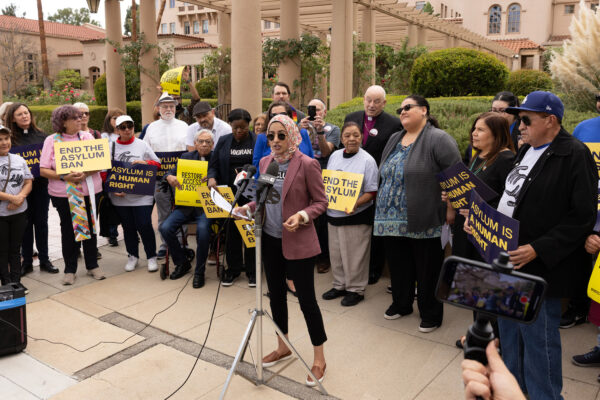Criminal Justice
The rights guaranteed to individuals under suspicion, criminal defendants, and prisoners are fundamental rights that protect all Americans from governmental abuse of power.

“[L]awyers in criminal courts are necessities, not luxuries. The right of one charged with crime to counsel may not be deemed fundamental and essential to fair trials in some countries, but it is in ours.”
— Justice Hugo Black,
Gideon v. Wainwright, 1963
The rights guaranteed to individuals under suspicion, criminal defendants, and prisoners are fundamental rights that protect all Americans from governmental abuse of power. These rights include the guarantee against unreasonable search and seizure, the right to reasonable bail, the right against self incrimination, the right to counsel, the right to be acquitted unless the government can prove its case beyond a reasonable doubt, the right to a jury of one’s peers and the right to be free from cruel and unusual treatment.
These protections were included in our federal and state constitutions in order to protect innocent persons who may be wrongfully suspected or accused of a crime. The framers understood that it is more important for the government to follow the rule of law than it is to obtain a guilty verdict in every case.
The Latest

2023 at the ACLU: Our Year in Stories

Report: Decriminalizing Homelessness in Oregon

Voters Reject President Trump's Dystopian Plans for "Public Safety"

Half a Mile from the Flames: LA County’s Brush with Catastrophe Demonstrates the Urgent Need to Protect People in Jails and Prisons from Climate Change
Stay Informed
Sign up to be the first to hear about how to take action.
By completing this form, I agree to receive occasional emails per the terms of the ACLU’s privacy statement.
By completing this form, I agree to receive occasional emails per the terms of the ACLU’s privacy statement.
